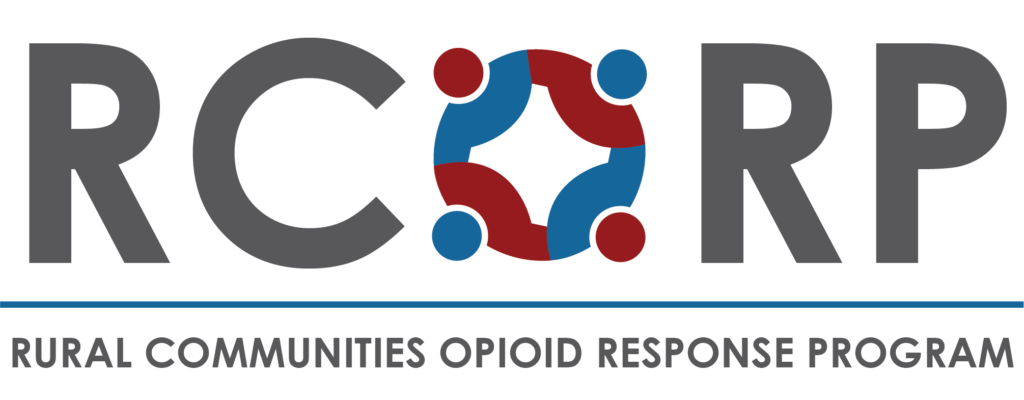Motivational Interviewing: Evidence-Based Strategies and Principles for Guiding Conversations With Your Patients
In this session, Dr. Jackson shares practical ways to implement and utilize motivational interviewing (MI) in a rural healthcare setting to foster change. Dr. Jackson covers the four guiding principles of MI, the spirit of MI, and how to honor autonomy in a way that creates an environment of collaboration, empowerment, and hope. Attendees learn how to uncover what motivates their patients to change and review active listening and productive communication strategies.
Behavioral Health Care Managers: An Approach to Integrating Behavioral Health in Rural Primary Care Practices
This article discusses a model for integrating Behavioral Health into rural primary care practices, recognizing that “Primary care providers (PCPs) are increasingly playing a vital role in addressing patients’ behavioral health care needs given the shortage of behavioral health providers and other challenges in the health care system.”
Transitions Clinic Network Programs
Transitions Clinic Network (TCN) programs address the high rates of overdose mortality among people recently released from incarceration and other health risks and challenges these individuals face. A primary care practice that implements a TCN program provides patients with care for chronic health conditions including substance use disorder upon release. The program includes a community […]
Reducing Stigma in Rural EDs and Other Care Settings
This campaign aims to promote a stigma-free care environment while connecting individuals and families with treatment resources. It includes posters featuring people in recovery and emergency department providers who care for patients with substance use disorder. QR codes on the posters link to short videos with these individuals’ stories.
Welcoming Recovery
Stigma remains a challenge in community discussions of substance use disorder (SUD) and SUD treatment. It may create obstacles as an organization in a rural area works to establish a new treatment facility. To help reduce stigma and communicate the wide-reaching benefits of increasing access to treatment closer to home, the center has developed the […]
Resources for Monitoring Substance Use Trends
This article describes the websites for federal agencies and national or international organizations which can be useful sources of information about SUD trends, tools, and messaging. The highlighted websites include the National Drug Early Warning System (NDEWS), Centers for Disease Control and Prevention (CDC), National Institute on Drug Abuse (NIDA), Drug Enforcement Administration (DEA), Center for Forensic Science Research and Education (CFSRE), United Nations Office on Drugs and Crime (UNODC), and several community websites offering discussion forums.
How to Select a Site
“Finding the right spot for a recovery residence isn’t easy. Considerable time, effort, and forethought are required, but due diligence in advance can pay off handsomely later. That’s because location is so important to a home’s ultimate success or failure. This is particularly true in rural areas because of the close-knit, symbiotic relationship houses have with the surrounding community. No residence is an island, but in remote areas the recovery houses must be especially mindful of location so they can access the services needed to provide a complete Continuum of Care.”
How to Build Recovery Housing
This guide provides a stepwise approach to help you establish a local working group to initiate and oversee the development of recovery housing and services to meet the needs of your rural community.
Fundraising for Rural Recovery Houses
The viability of rural recovery houses can be strengthened through effective and well-thought-out fundraising efforts. This guide can support rural recovery houses seeking to develop their fundraising plans.
How to Implement Medication Assisted Recovery in Rural Residential Settings
This resource provides guidance on the importance of medication assisted recovery, through treatment with medications for opioid use disorder (MOUD), in addressing the opioid epidemic. Topics include how to find local healthcare providers, and how to manage medications in the recovery housing setting.

